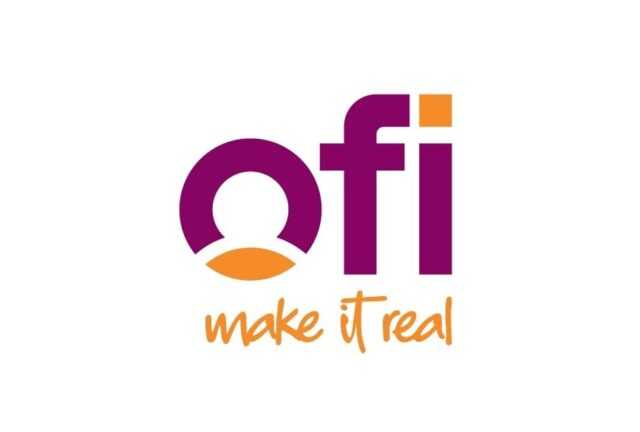CHICAGO, USA – Recent U.S. findings reported by ofi, a global leader in naturally good food and beverage ingredients, show consumer interest in plant-based products continues to rise, with meat eaters, milk drinkers and vegetarians alike increasingly open to plant-based offerings.
The research, launched at Expo West, found that regardless of their dietary pattern, 82% of consumers surveyed¹ report using plant-based products at least once a month.
Interest continues to grow: 55% of consumers increased their intake of plant-based products over the last two years, while 63% expect to use more in the next two years.
In the U.S., the plant-based beverages, desserts, and ice-cream market is worth an estimated $4.3 billion in 2022.² Yet research shows that 7% of consumers switched back to dairy products after not liking the first plant-based product they tried.
Health and nutrition drive choice: plant-based dairy leads the way
Health and nutrition are the top reasons consumers cited for choosing plant-based options. Specifically, they said feeling physically better, consuming products rich in nutrients, and reducing chance of health risks are key drivers for buying and consuming plant-based products in general, especially plant-based dairy products.
In fact, plant-based dairy may be driving the trend toward mainstream acceptance. Eighty-two percent of shoppers surveyed reported being interested in plant-based dairy products, with more than six in 10 (64%) purchasing plant-based dairy products at least once a week. What’s more, 65% are buying plant-based dairy alongside traditional dairy, signaling the category may be seen as an appealing addition to the shopping cart rather than a strict this-or-that alternative.
“As the plant-based consumer landscape continues to broaden, food and beverage manufacturers will have new challenges to ensure that their products are meeting consumer expectations,” ofi’s Vice President of Innovation and head Customer Solutions Center in North America, Sonali Dalvi, said. “There is huge potential to create new formulas with ingredients like cocoa, nuts, and spices, that can provide natural or clean-label properties allowing companies to produce new plant-based offerings that are both naturally delicious and can help enable health, wellbeing, and nutritional benefits.”
Addressing the opportunity gaps
Although a majority of consumers are already interested in plant-based dairy products, there are still significant barriers to adoption, which manufacturers have the opportunity to address through key formulation updates. For example, consumers polled cited plant-based dairy’s taste and texture (66% plant-based users; 53% non plant-based users), accessibility (61% plant-based users; 35% non plant-based users) and affordability (58% plant-based users; 57% non plant-based users) as the leading reasons they have chosen not to purchase the products.
“Our findings show over one-third of consumers still haven’t found a plant-based dairy product that meets all of their needs, despite widespread interest in the category. This is a call to action to the food and beverage industry. You need a fresh, creative approach to flavor creation, color, and texture development to make products that captivate consumers,” shared Dalvi.
Developing new plant-based products often comes with unique and complex challenges. Innovative ingredient solutions can help meet the competing customer expectations of plant-based products, and brands that break through remaining barriers to purchase will pave the way for further mainstream adoption.
“There are a number of challenges that come with formulating plant-based dairy in particular; mouthfeel, taste/flavor, protein content, sugar content, and of course, artificial ingredients,” shared Dalvi. “ofi’s innovation team is skilled at creating custom plant-based applications across categories that help manufacturers create products that consumers can love.”
1 Research conducted by InSites Consulting for ofi, Nov. 2022. The online quantitative survey polled 1,505 participants from the United States during November 2022. Participants were aged from 18 to 65 and were (co-)responsible for grocery shopping. Additionally, all the participants were non-rejectors of plant-based food and beverages, as well as non-rejectors of at least three of ofi’s product categories. They also had no allergies for nuts, caffeine, or cocoa. Specific categories surveyed were: desserts, ice cream, milk, cocoa beverages, yogurt, and coffee beverages.
Of non-rejectors, “Plant-based users” are defined as those who use a plant-based product at least monthly; “Non plant-based users” means those users who have at least tried plant-based food and beverages and do not meet the threshold for users. Participant breakdown: 1,240 Users (82% of total surveyed); 265 Non-users (18% of total surveyed).
2 Estimate Plant-Based Beverages, Desserts, and Ice Cream U.S. retail market size figures from Euromonitor Passport















